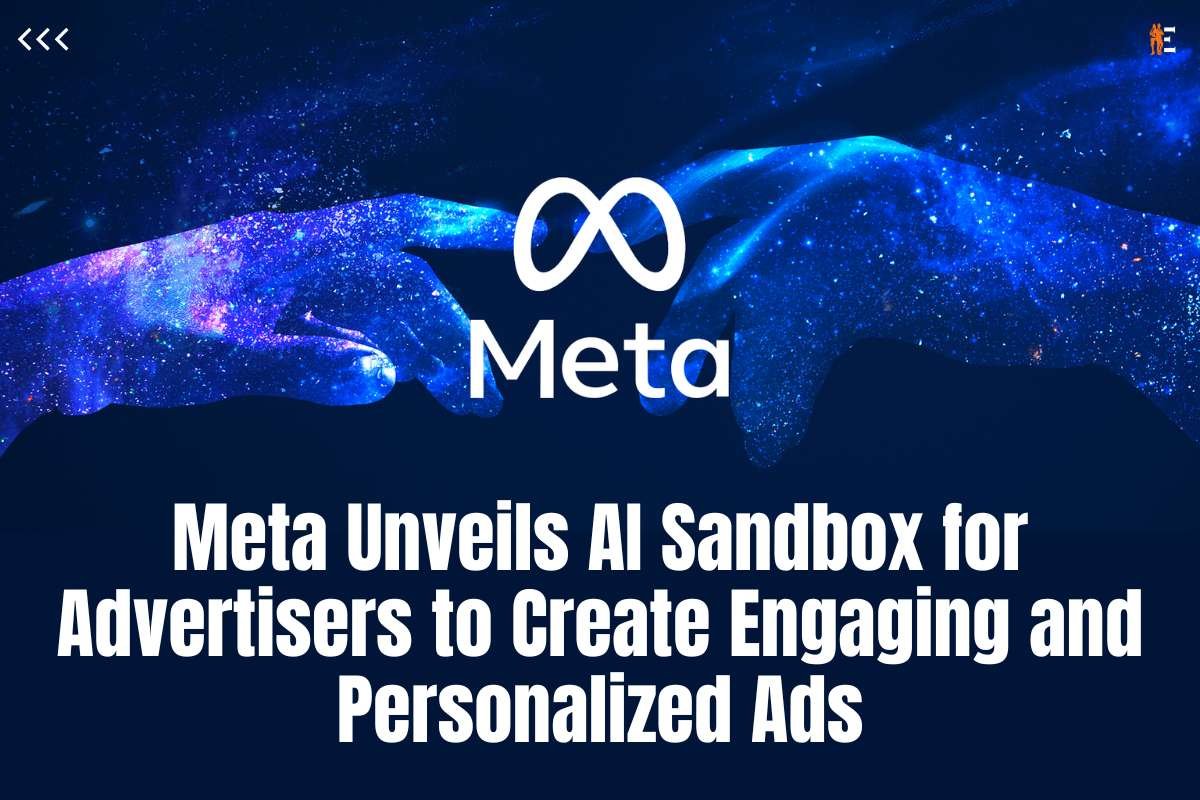Meta, formerly known as Facebook, has introduced a set of innovative generative AI features designed to empower advertisers in crafting more captivating and diverse advertisements for its platforms. As part of an AI Sandbox for Advertisers, a dedicated testing ground, a select group of advertisers will have the opportunity to experiment with these tools before their wider release later this year.
Key Features
The AI Sandbox for Advertisers will encompass three key features: alternative copy generation, background generation, and image cropping. Advertisers will benefit from the alternative copy generation feature, which enables the creation of multiple variations of an ad text while maintaining a consistent core message for different target audiences. The background generation feature allows advertisers to generate diverse backgrounds for their ads based on text prompts, such as “a sunny beach” or “a snowy mountain.” Furthermore, the image cropping feature will facilitate easy resizing and cropping of images to adapt to various formats and aspect ratios for Facebook and Instagram ads.
Meta asserts that these features will streamline the process of developing personalized and relevant ads for target customers, ultimately saving time and resources. Powering these capabilities is Meta’s Pathways Language Model (PaLM), a family of large language models with the capacity to undertake tasks such as reasoning, coding, and translation. PaLM was initially unveiled in April 2022 and has since powered 25 of Meta’s own products and features, including Bard, an experimental chatbot.
Enhancing Advertisements Using AI
Meta is not alone in leveraging generative AI to enhance advertising capabilities. OpenAI, earlier this year, introduced ChatGPT Ads, a service that empowers advertisers to create ads using the ChatGPT-4 language model. ChatGPT-4 is a generative text model capable of producing coherent and imaginative content based on human input. ChatGPT Ads promises to assist advertisers in generating high-quality and diverse ads that boost conversions and engagement.
Meta Enters Generative AI Race With 3 Tools For Facebook and Instagram Advertisers
Ethical And Social Challenges
However, the utilization of generative AI also poses ethical and social challenges. Concerns range from the potential creation of misleading or harmful content to the lack of transparency and accountability in how these models operate, as well as the impact on human creativity and autonomy. Experts advocate for increased regulation and oversight of generative AI, along with greater education and awareness among users and consumers. In response, Meta affirms its commitment to ensuring the responsible and ethical use of generative AI features, promising to provide guidance and best practices to advertisers.
With Meta’s new AI Sandbox for Advertisers can look forward to unleashing their creativity and crafting personalized, eye-catching ads. As the advertising landscape evolves, striking a balance between innovation and ethical considerations will be crucial to drive positive outcomes for businesses and users alike.











